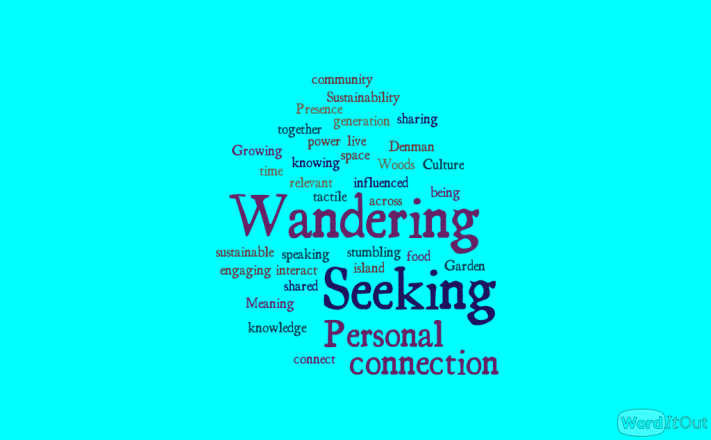Take a look back through your previous posts and apply the ‘Showcase’ category to your best work. Write a few words about why you think that post or those posts stand out. What are 2-3 of the most important ideas that you have studied during this course?
One of the most important realizations I encountered through this journey pertains to the need, as advocated by Hattie in Lesson 3, to offer a clear sense of where students stand as individuals in relation to the learning objctives of a particular course. This contextualization of the learning process is, it seems, easier said than done in courses that are less technical, and more creative/artistic. I am thinking about ways in which to clearly define steps to be taken towards complex learning objectives, such as when the aim is to ‘develop strong narrative skills in business communication writing’, or to ‘understand and practice the fundaments of making strong arguments’. The development of contextual pathways for students leading towards the achievement of these learning objectives is complex and, it seems, fundamentally creative.
What are 2-3 questions that you have as a result of this course? Identify ways that you can begin to answer those questions.
What types of social environments might be constructed through my online teaching? What tools, technologies and frameworks might be most conducive to the achievement of such environments? How might my presence as an instructor be manifest in such a way as to encourage an idea-rich learning environment? How might feedback be constructed in such a way as to provide a ‘road map’ for students towards successful outcomes?
To begin answering these questions, I would like to try out various approaches to teaching such that I can better tap into latent possibilities within the e-learning platform. I am curious about the inclusion of video as a way to enhance connectivity, and to add new dimensionality to the learning environment. I am also interested in trying out forms of feedback that allow students to see their work in relation to the core learning objectives.
Identify 2-3 specific goals that you would like to achieve in light of what you have learned about cognitive presence, approaches to learning, and feedback.
Goal: to create at least one video piece as part of my upcoming CMNS 2171 course that enables students to reflect on the ideas presented in the course.
Goal 2: to develop ‘summary statements’ (or maps) in my feedback on assignments that relate student work to core learning objectives.

